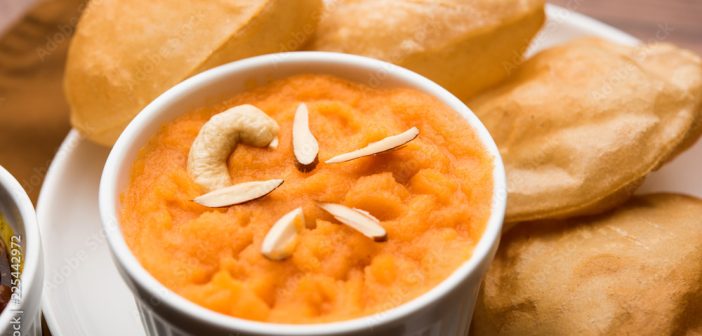In recent years, traditional Indian breakfasts like idli, poha, and parathas have been increasingly replaced by packaged breakfast cereals, promoted as convenient and healthy options. Aggressive marketing has led many to believe these cereals are superior, despite the wealth of nutrition offered by India’s indigenous breakfast traditions. This shift raises concerns about health, cultural identity, and economic impacts.
The Packaged Breakfast Boom
India’s packaged breakfast cereal market has seen rapid growth, with revenues crossing significant milestones in recent years. Urbanization and changing work lifestyles have fueled this growth, as cereals are marketed as quick fixes for busy mornings. The Indian middle class has become a primary target for cereal companies, swayed by the promise of modernity and health encapsulated in a bowl of cereal.
Traditional Breakfasts: A Powerhouse of Nutrition
Traditional Indian breakfasts are naturally balanced, offering a mix of proteins, fibers, and essential nutrients. For example, idlis and dosas combine rice and lentils, creating a protein-rich meal. Upma, made from semolina, provides essential carbohydrates and vitamins, while parathas stuffed with vegetables add fiber and minerals. These meals are not only nutrient-dense but also culturally significant, connecting people to their roots.
In stark contrast, many packaged cereals are laden with added sugars, preservatives, and artificial flavors. Their processing strips away natural nutrients, leaving products that often lack the essential fibers and vitamins found in traditional foods. Regular consumption of such products has been linked to increased risks of obesity, diabetes, and other lifestyle-related ailments.
The Cost of Convenience
Beyond health concerns, the economics of choosing cereals over traditional breakfasts are worth noting. Packaged cereals often come at a premium, costing significantly more per serving than homemade options. Despite this, consumers are drawn to the convenience factor, unaware that traditional breakfasts can often be prepared in advance or quickly with minimal effort.
Combating the Marketing Myths
The rise of cereal consumption in India is largely driven by marketing campaigns that depict these products as modern and essential for healthy living. However, these claims often ignore the nutritional superiority of traditional Indian breakfasts. By perpetuating the idea that packaged cereals are a healthier choice, companies profit while consumers bear the health and economic costs.
A Call to Action
Reverting to traditional breakfasts is not just a matter of nutrition but a step toward reclaiming cultural heritage and promoting sustainable living. Encouraging awareness about the health benefits of traditional options and dispelling myths surrounding packaged cereals can empower Indians to make informed choices.
In conclusion, India’s breakfast culture is at a crossroads. By embracing traditional meals, consumers can ensure better health outcomes, save money, and preserve culinary traditions that have sustained generations. The key lies in recognizing the value of what has always been on the plate and resisting the allure of heavily marketed, yet nutritionally inferior, alternatives.






